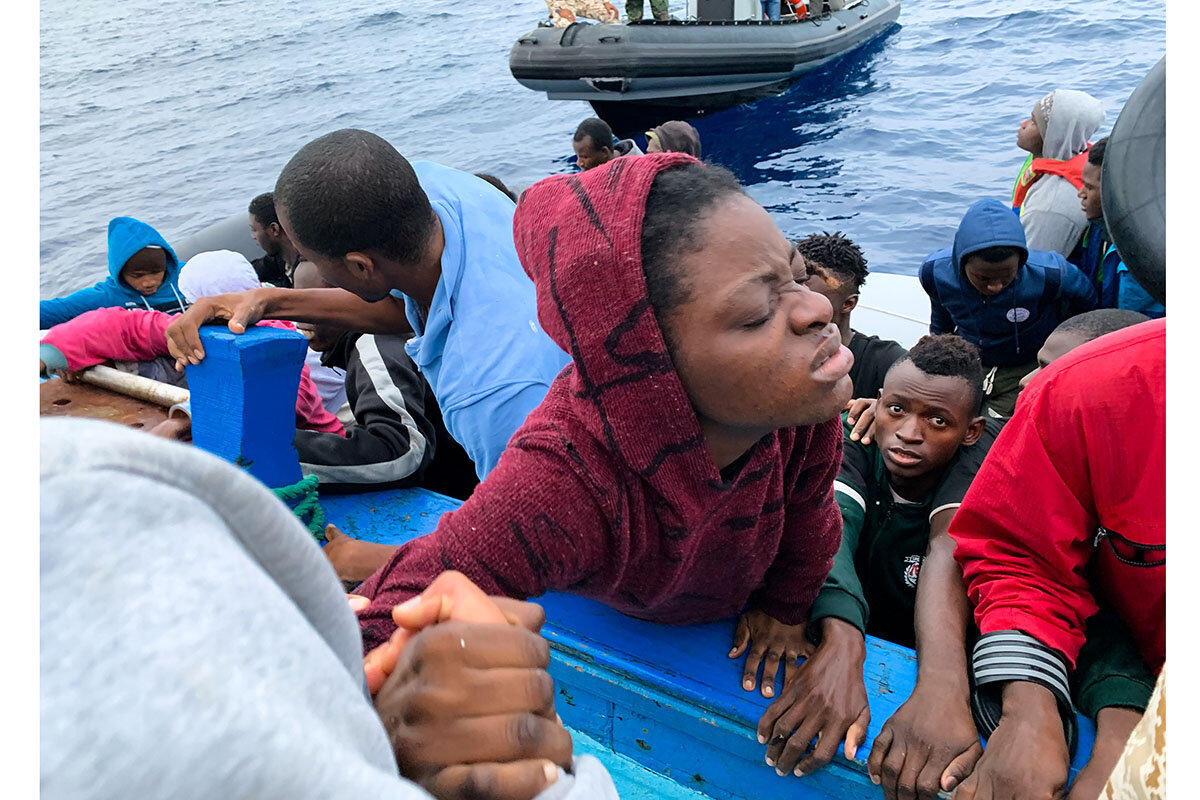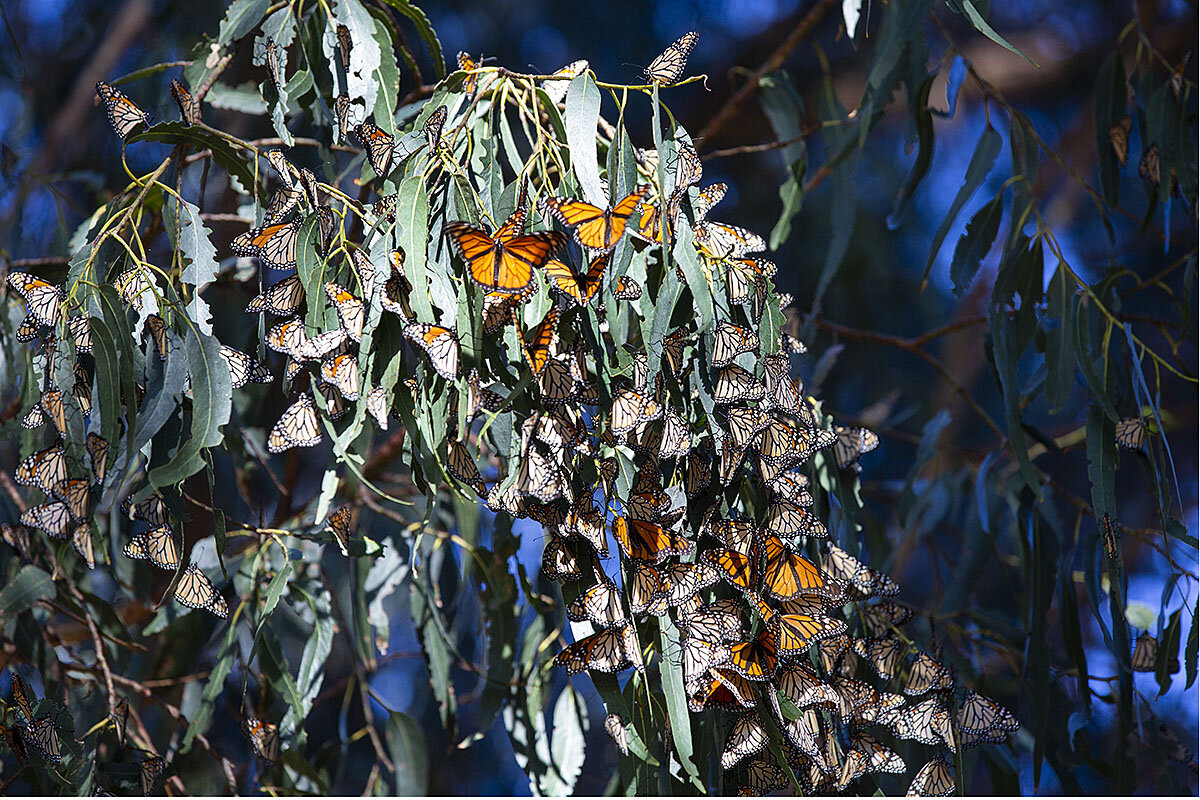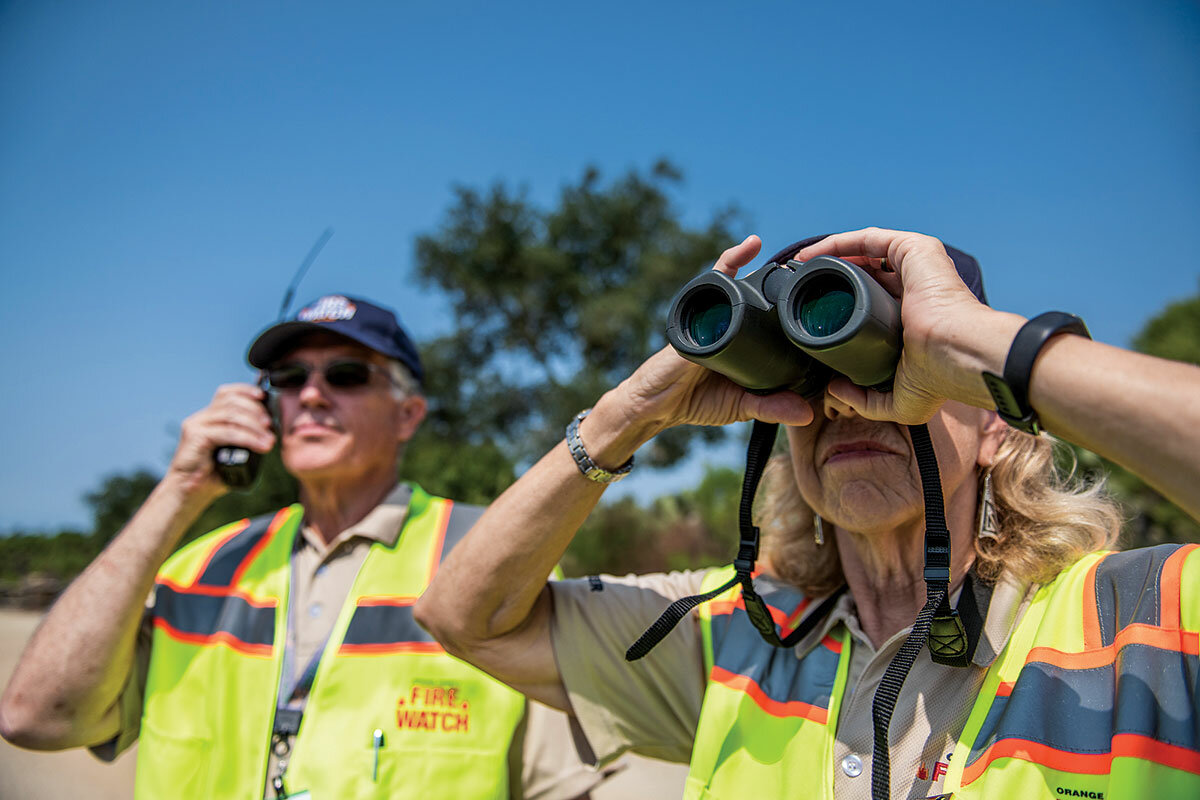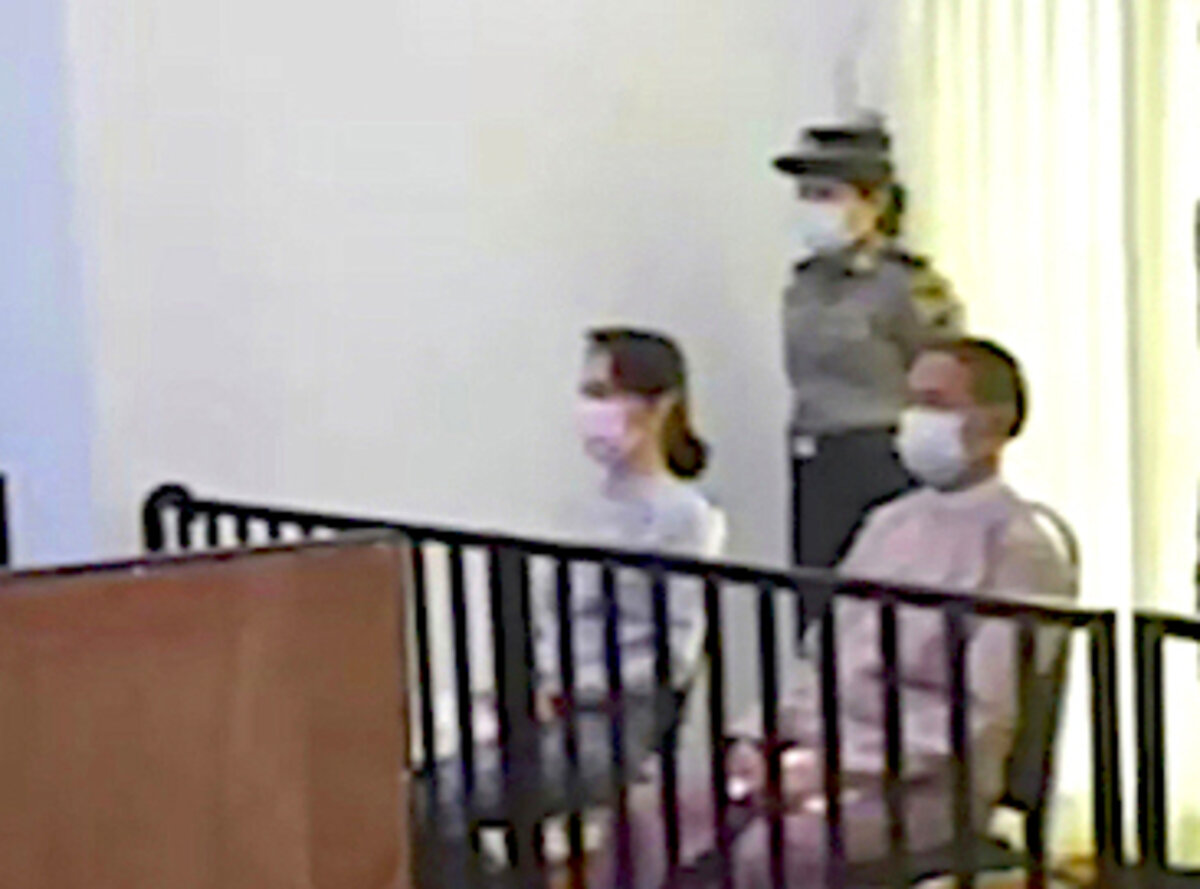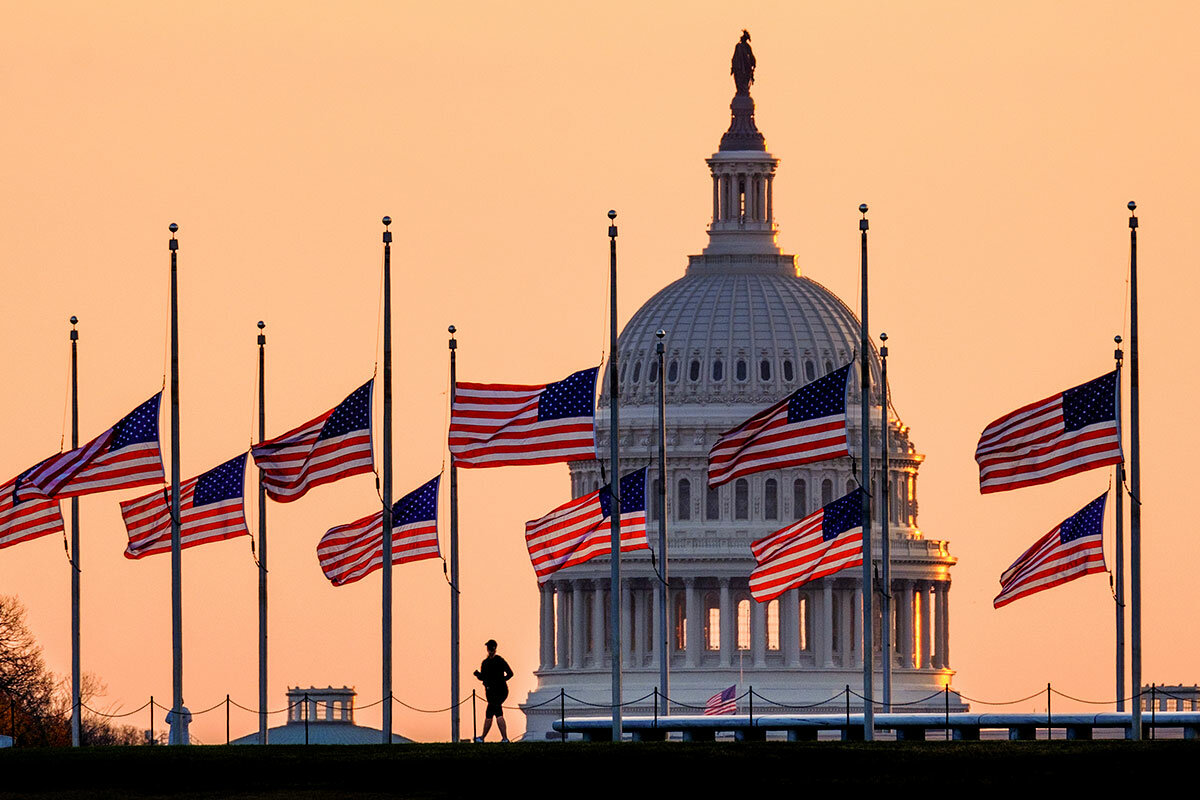Efforts to stem the flow of migrants across the Mediterranean have exposed a chasm between the EU’s stated humanitarian values and its actual practices. Mounting evidence of harsh abuses is increasing pressure on the EU border patrol agency to match actions to words.
Monitor Daily Podcast
- Follow us:
- Apple Podcasts
- Spotify
- RSS Feed
- Download
 Amelia Newcomb
Amelia Newcomb
In this season of cooking and baking, I got talking with staffer Kendra Nordin Beato about food – and sharing a laugh over her recent story about cranberry sauce wars. But something else emerged from our chat – how many food-related stories the Monitor published this year, and why that is so natural to our publication.
Reliable access to food sits at the crux of people’s sense of stability and of opportunity. Ensuring that – or dealing with its absence – is a challenge the entire world shares. That’s why we continually explore, at so many levels, how we rise to meet it.
There’s locally: the East St. Louis grocer who nurtures a neighborhood short of markets, as Tara Adhikari reported. The cooks profiled by Patrik Jonsson who prep for a year to fill the stomachs and hearts of 15,000 people with a fine Thanksgiving meal at Fort Bragg in North Carolina. The new attention to the struggles some military families face in putting food on the table, as Anna Mulrine Grobe spotlighted.
There’s globally: Howard LaFranchi reported this fall on the United Nations’ first-ever global food systems summit, which showcased a progress-oriented shift toward reducing massive food waste and loss. Our intern team, in its series on Hunger in America, surfaced efforts to shape better policies. Earlier, our 2017 famine series identified the building of resilience in tackling severe drought in Africa.
And culturally, of course, food is bound tightly to our foundational tales and sense of identity. Take a look at Richard Mertens’ story about a Native American food sovereignty movement, Sara Miller Llana’s look at old root cellars driving Newfoundland’s “grow local” movement, or a mother-daughter bond strengthened by Korean food.
We care about tracking progress in bridge-building, in driving innovation. And that’s why we care about food.




